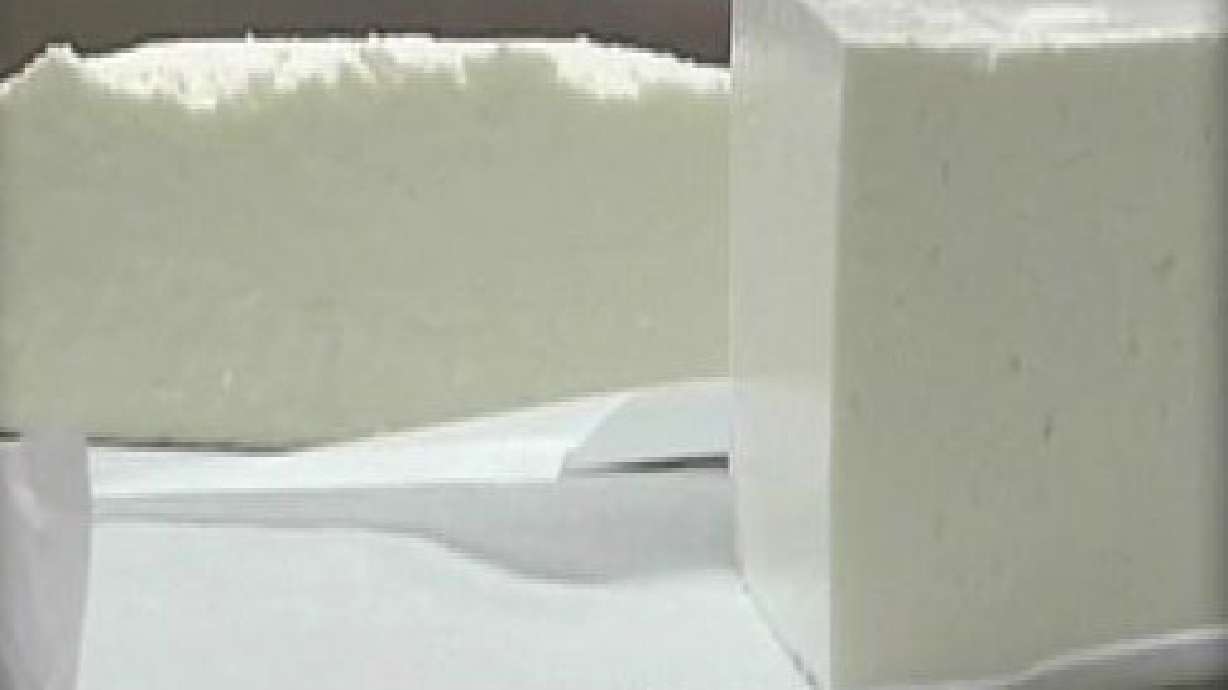Estimated read time: 2-3 minutes
This archived news story is available only for your personal, non-commercial use. Information in the story may be outdated or superseded by additional information. Reading or replaying the story in its archived form does not constitute a republication of the story.
SALT LAKE CITY — The Utah Department of Agriculture and Food issued a statement Monday identifying the man known as "Mr. Cheese," whose homemade soft cheese may have spawned thousands of cases of salmonella.
Fidel Gomez of West Valley City has been issued a cease and desist order and is being investigated by the Utah Department for Agriculture and Food and West Valley City for allegedly illegally producing and selling queso fresco, according to a news release issued Monday. Gomez was making the cheese in his home and officials claim to have found "various violations of Utah code regarding cheese manufacturing" there.

Health officials originally reported that Gomez was obtaining raw milk to make the cheese from a dairy in Wasatch County. Utah Department for Agriculture and Food officials Monday said Gomez was actually receiving the milk from a number of different sources.
"Despite earlier reports, at no time was a dairy located in Midway implicated as a source of raw milk or Salmonella Newport," the news release states. "The UDAF is investigating claims by Mr. Gomez that he obtained milk from an employee at a Wasatch County dairy. Our investigation suggests neither the owner nor the dairy manager were aware that raw milk may have been sold by an employee."
Tests have confirmed, though, that Salmonella Newport was found in Gomez's home.
"Any food prepared in his home had a risk of becoming contaminated with Salmonella Newport," the news release states. "Thus, we cannot say that any particular milk or other food was contaminated prior to him purchasing it."
Salmonella Newport is the strain of bacteria that has afflicted a confirmed 80 Utahns. Officials estimate, though, that as many as 2,000 people in six different counties may have been impacted from 2009 to the present.
Thus far, it has only been confirmed that the cheese was sold at an undisclosed Salt Lake-area restaurant/deli.
Email:emorgan@ksl.com









